How ‘The Bombers’ docuseries came to life
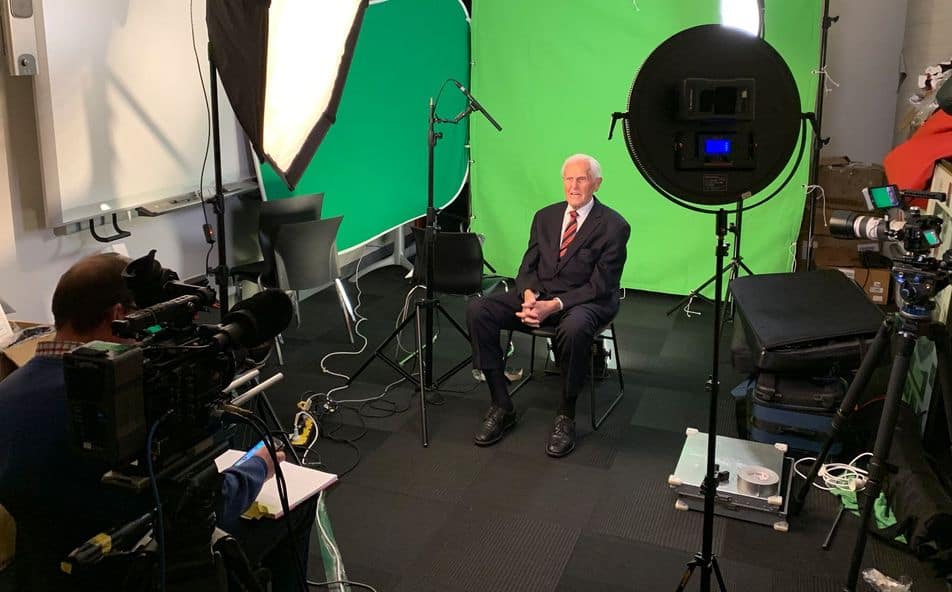
Premiering on Fox Footy and Kayo on Tuesday, The Bombers: Stories of a Great Club is an eight-part documentary series that showcases the extraordinary history of the equal-most successful club in the VFA/VFL/AFL.
Commissioned for Essendon’s 150-year celebrations in 2022, The Bombers’ production team has worked tirelessly over two challenging years to deliver the landmark series, which tells the club’s story so comprehensively and openly at a level never seen in Australian sport.
DOCUSERIES PREVIEW + EPISODE SCHEDULE
Neil Kearney, one of Australia’s greatest documentary makers, has been at the forefront of its production, conducting and piecing together interviews with more than 90 players, coaches, officials, supporters and icons from Essendon and rival clubs.
Those people have spoken without fear or favour, and at no stage has the club interfered in the production of the series, even when episodes dealt with the most sensitive of topics.
On the eve of the series’ release, Dons Digital caught up with Kearney to discuss the production process, how it was almost cancelled in the midst of the COVID-19 pandemic, what makes the series special, and why it’s significant for Bombers fans across all generations.
Neil, after two years in the making, this landmark series is finally here. Let’s go back to 2019 when it all began – how was it conceived, who was involved, and how did it evolve to what it is now?
Well, the project started in the middle of 2019. Back in 1996, [The Bombers executive producer and former head of sport at Channel Ten] Dave Barham and I made a history of the AFL for the AFL. It won awards all over the place, so that was our template for making the Essendon story.
It was Dave’s idea to do this. He was the executive producer and I was the producer. Kirsty Brown was our editor, Lachy Hulme did our narration, Ben Corson was our production manager, and he and historians Dan Eddy and Gregor McCaskie organised the interviewees. They would come into the Windy Hill rooms, and each would be interviewed for about an hour. Some took forever – Terry Daniher couldn’t finish a story in an hour, so he took a couple of hours, and Kevin Sheedy took most of the day.
We conducted about 60 interviews in the old auditorium at Windy Hill in November of 2019, including guys who are no longer with us, like Jack Jones. We started with the idea of it being one hour, but then you get this sea of stories. As the producer, it’s like putting together a massive jigsaw puzzle. You get about 100 people telling their stories on about 20 different subjects. Then you get Kevin Sheedy, who talked about 50 subjects. You have about 50 pieces of paper, and then try to cut them up and put them all in little bins – this pertains to 1984, that pertains to the story of Dick Reynolds, and so forth.
After we did the interviews, we thought this was getting bigger and bigger. We grew from what was going to be one hour to two hours, three hours, four hours. Two years later, the documentary is four-and-a-half hours and in chronological order. The stories just got better as we went along.

You and the team were thrown a significant curveball just months later when the COVID-19 pandemic struck. How close were you to pulling the pin, and how was the series rescued?
When coronavirus hit in March 2020, the whole thing stopped. Everything stopped except the whole club just trying to survive, like all professional football clubs in Australia. The club had to focus on its survival, so our project basically got forgotten. By then it was me working from home in Aireys Inlet and our editor Kirsty Brown working from her home in Melbourne’s south-east suburbs. She was trying to put it all together with scripts that I was cobbling together and emailing off to her.
If it hadn’t have been for Dave Barham’s enthusiasm and commitment, I don’t think the documentary would have gone ahead. The club obviously had far greater priorities, but Dave knew that if we stopped at that point halfway through last year, it wouldn’t have started again.
The making of the story itself was unbelievable, really, and just rose out of the middle of nowhere last year. I doubted many times if we would go on, but Dave and Kristy kept saying we had something that was too good to lose.
Dave persevered and wanted to make it the best history of a football club that’s been made, and he has.
For all the triumphs over 150 years, there have been the tragedies. Episodes one and two next week focus on the incredible reigns of Dick Reynolds and John Coleman, but something that stands out in episode two is despite nearly 50 years since Coleman’s sudden death, those who were close to him still break down when they talk about him.
I’ve always known John Coleman as probably the most brilliant footballer who ever played the game.
Ken Fraser was getting really pumped and excited remembering as a kid when Coleman ran out on to the field. When David Parkin, who was also interviewed, was a kid, he used to come to Windy Hill to watch Coleman. He’d be at full-forward and when he’d change ends at each quarter, Parkin and thousands of others would run to the other end so they were near Coleman.
For all his brilliance though, there’s so much more to the Coleman story from his players, who revered the man.
During our interview with Ted [Fordham], he kept breaking down when talking about Coleman’s death when he was only 44. The players absolutely worshipped that man. Back then, he was a god to the players. As Kevin Egan says in the documentary, ‘We would have died for Coley’.

The stories in there are very important in these people’s lives. You can’t dismiss something that happened 50 years ago, because when they sit in that chair, it’s right back there in their brain.
The docuseries explores so many different eras in the club’s rich history. If you’re a young Essendon fan perhaps without the appreciation and knowledge of the club’s history like generations before you, why should you watch the series?
To put it succinctly for young people, these are stories about amazing people. They’re human stories of people who did incredible things.
It’s a documentary that gives us a sense of belonging, no matter what era you come from, what level of Essendon supporter you are, or what type of footy fan you are. You get a real appreciation that what happened 50 or so years ago was just as important as it is now.
[Essendon senior coach] Ben Rutten has spent a lot of time with the modern-day players showing them parts of the documentary as we’ve been making it. It’s been a very important part of his grounding of the players. They’ve seen the history of the club, the former players, supporters, committee and all that sort of stuff. They’ve seen what they did, how they achieved what they did, how they belonged and why the club was so important to them.

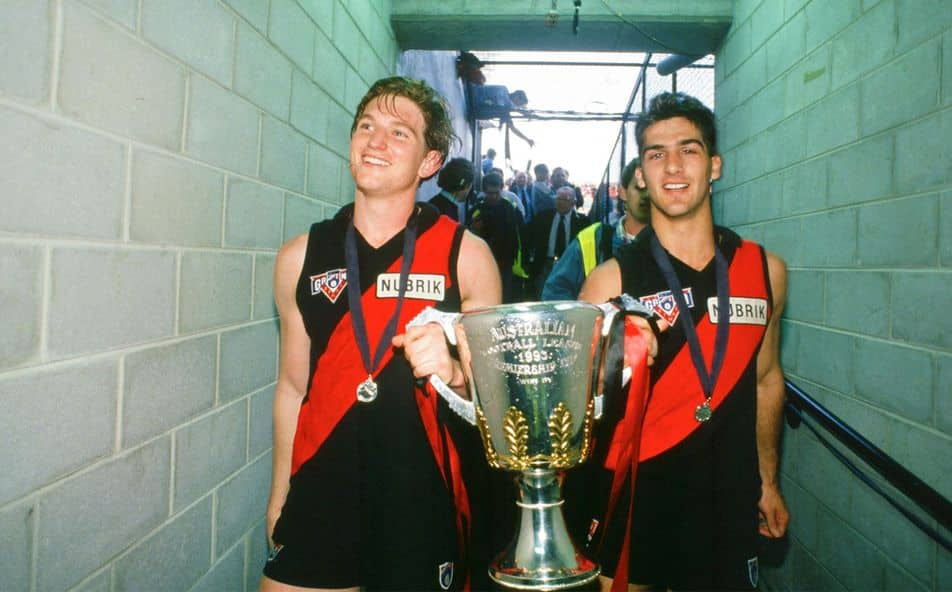
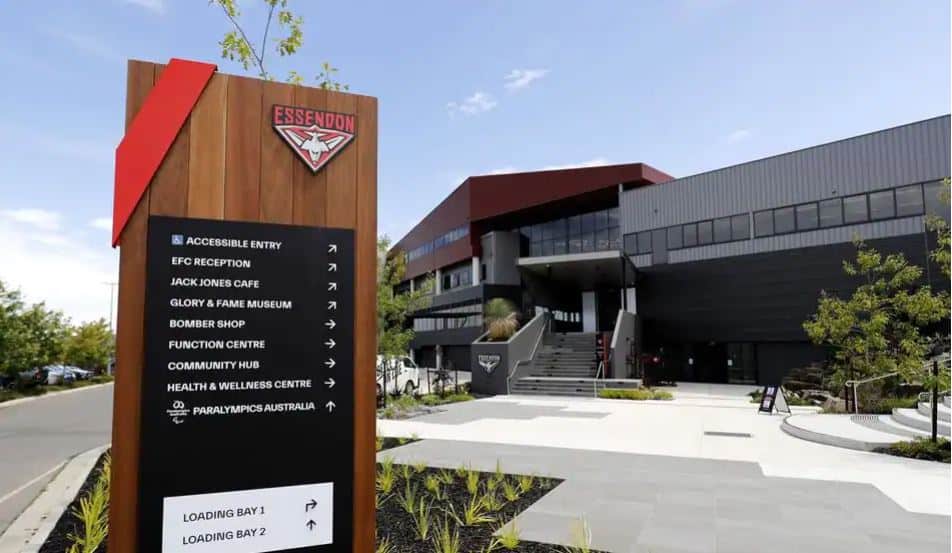
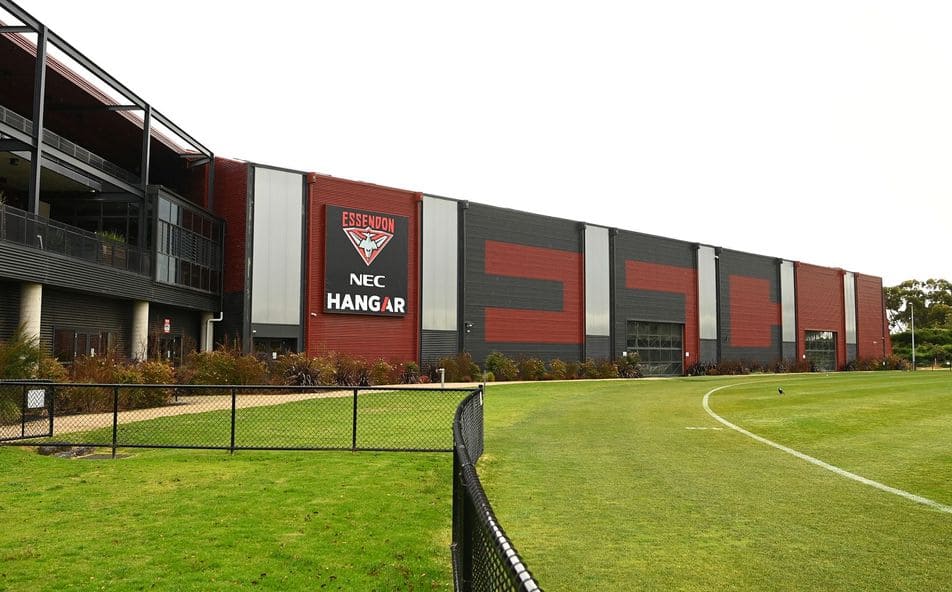
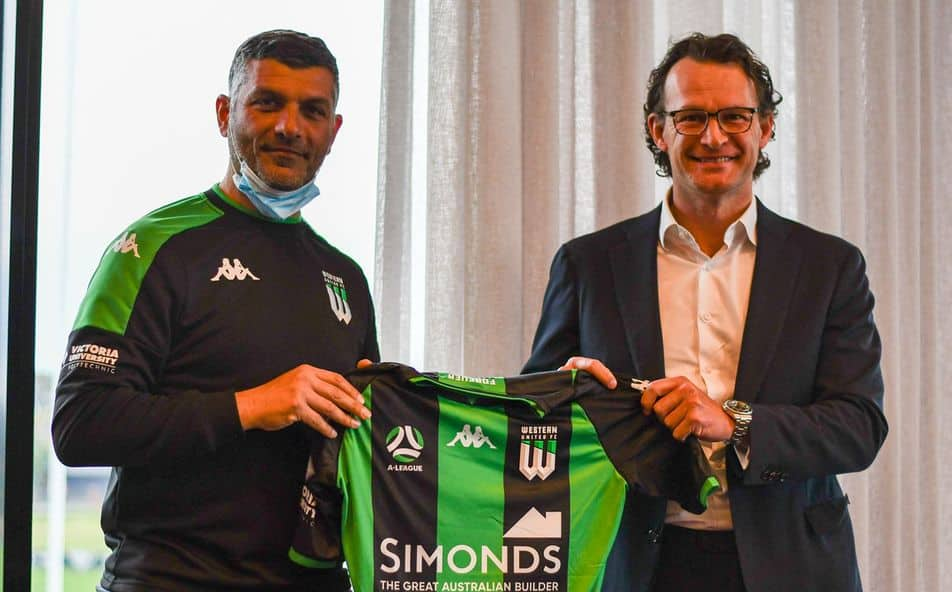
Responses